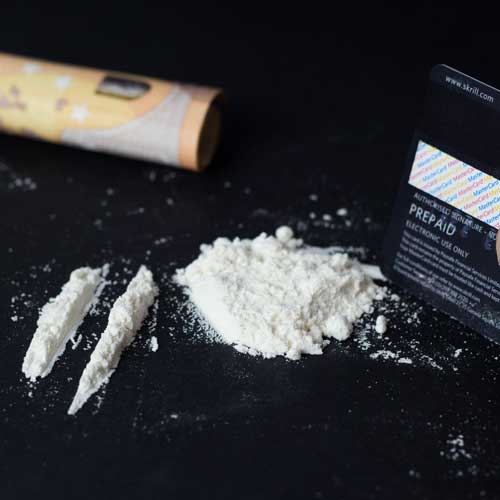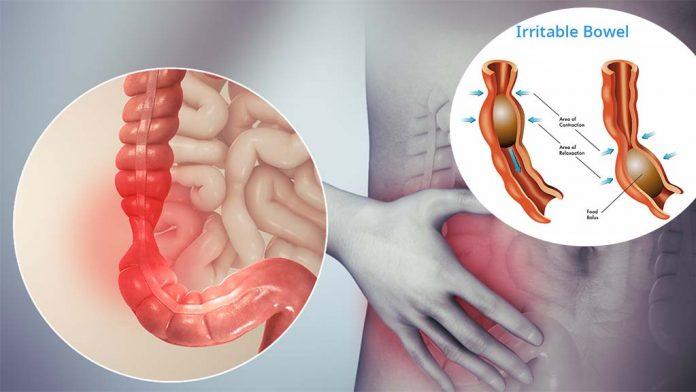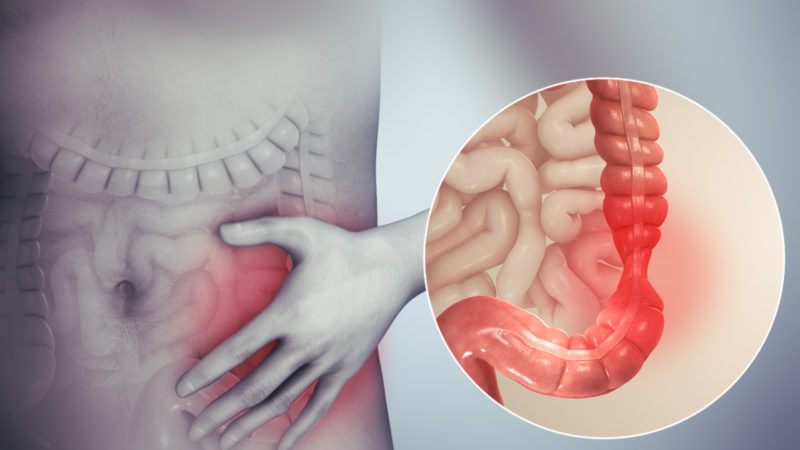How Long Does Cocaine Stay in The System?

Well, it is almost difficult to determine the accurate time period that cocaine (also known as crack, rocks, snow, and coke) will show up on the drug test. So how long it stays cocaine in system? Well, it depends on several variables, including the person’s body mass, hydration level, metabolism, and other factors.
The several kinds of screening tests which can be used – saliva, hair follicle, blood, or urine and also have different windows of time in which they can identify the drug. It can range from 24 hours to three months.
Cocaine is a schedule 2 controlled substance because of the high potential for abuse and physical dependence, and critical psychological. It is available legally for use in certain surgical and medical settings; however, it is not legal for the prescription, as well as it is not legal for recreational purpose.
How Long Does It Take To Feel The Effects?
It depends on which method cocaine is administered—whether it is smoked, taken orally, snorted, or injected, and it can affect both the duration and intensity of the high. For example, Smoking cocaine will result in more fast effects, and it can last five to ten minutes. Snorting cocaine can give a slow onset of the high that might last from 20 to 30 minutes.
The cocaine high can make you feel good, providing you feelings of confidence, pleasure, and energy exceeding what you would usually experience. You will also experience a “euphoric high,” which can last up to 20 to 30 minutes and make you feel:
- Hyper-stimulated
- Less sleepy
- Invincible
- Mentally alert
- Sexually aroused
- More talkative
However, this high is quickly followed by the crash, which can cause tension and anxiety, agitation, depression, and exhaustion. It is a fast cycle that makes you addicted to cocaine so. Shortly after cocaine use, you can feel the following physical effects which are going to happen:
- Dilated pupils
- Constricted blood vessels
- Increased heart rate and blood pressure
- Rising body temperature
- Faster breathing
How Long Does Cocaine Stay In Your Body?
The half-life of cocaine lasts about an hour, which means that it takes that long time to remove half of the cocaine from your bloodstream. Cocaine is itself metabolized by proteins in the liver and blood, and it occurs so quickly that it is not detectable in many screening tests.
Those cocaine drug tests basically screen for benzoylecgonine, which is a metabolite of cocaine that is detectable in your body for a longer duration than cocaine. The following is an estimated reach of times, or test time, through which cocaine can be traced up by several testing methods. (source)
How Long Does Cocaine Stay In Your Blood?
Blood tests, which are generally done in the hospital and can identify cocaine in the blood if you have used it within 12 hours, and after 12 hours, benzoylecgonine can found for 48 hours.
How Long Does Cocaine Stay In Your Hair?
Cocaine metabolites can generally be found in hair follicles for three months, but the results might depend on where the hair sample is taken or not.
How Long Does Cocaine Stay In Urine?
Urine drug tests for cocaine is exact in the detection of current cocaine use because cross-reaction between the test and other non-cocaine substances is almost nonexistent.
As a consequence, it is the most common test used. The urine tests can identify cocaine metabolites for up to three days after consumption. Moreover, for those who use cocaine heavily, then the detection times have even been reported for more than one week after use.
Factors That Affect Detection Time
It is very tough to decide the exact result for how long cocaine can stay in your system. The period of time it remains in the body depends on several factors, that includes metabolism, body mass, and hydration levels.
Frequency and Potency
The more cocaine you use, the longer the benzoylecgonine remains in your body and can be detected, according to studies. Moreover, the frequency and volume, the purity level of a drug can also change how fast benzoylecgonine is removed from the body.
Alcohol and Caffeine Consumption
Alcohol can restrict cocaine and block its discharge. Likewise, caffeine can also block the discharge of cocaine.
Body Fat
Benzoylecgonine can be deposited in fatty tissue. If you have huge levels of body fat, then the drug can store in that fatty tissue and stay for a longer time in the system.
Hydration
If you are dehydrated, then the drug might stay in your system for a longer period. This is because the water can further up the discharge of cocaine metabolites.
Physical Activity
Cocaine discharges quicker in people who are active and also has a high metabolic rate.
Method Used
The process by which you take cocaine like smoking, injecting, or snorting—also it affects on detection time. So the quicker the drug is incorporated into the bloodstream, the lower the detection window. It means if you inject or smoke cocaine, it will excrete from the body faster than if you snort the cocaine.
How to Get Cocaine Out of Your System?
Several websites say that there are many quick ways to “flush out” cocaine from your system, like drinking lots of water, taking the detox pill, removing caffeine and alcohol, eating fresh fruit high in antioxidants, and consuming natural herbs.
However, these claims are not proven by any experts. The only best way to remove cocaine from your system is to stop using cocaine and allow the body time to metabolize and excrete it.
Symptoms of Overdose
Using cocaine in excess or consuming a high concentration of the drug can result in the state known as cocaine intoxication; it can create severe symptoms and side effects. Symptoms of cocaine intoxication include:
- Chest pain or pressure
- Anxiety and agitation
- Confusion
- Enlarged pupils
- Elevated body temperature
- Hyperactivity and muscle damage
- Feeling of euphoria
- Irregular heartbeats
- Increased heart rate and blood pressure
- Seizures
- Kidney damage
- Sudden death
- Stroke
- Tremors
- Sweating
With large doses of drugs, psychosis and other types of mental illness can happen. Some of the psychiatric symptoms can happen with any level of drug you use. Overdoses can happen suddenly, even on the first time, and the danger of overdose can be double if cocaine is combine with alcohol or other drugs. Signs of overdose can include tremors, vomiting, and difficulty breathing.
Final Words
If you are thinking about having excess cocaine in system or getting a positive result for the drug, then consider seeking help from experts. For people who take cocaine frequently, a regular and long-term solution is needed, starting with natural ways to get rid of cocaine from the body by (detoxing) and medical therapy and seeking counseling. Remember, cocaine is injurious to health, so keep your distance from these drugs.
Moreover, if you want to know more about hangover remedies, then check out the best hangover home remedies to get instant relief. If you find this information useful, drop a comment below this section.






